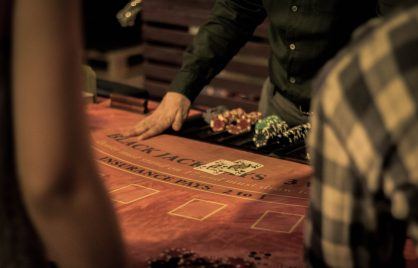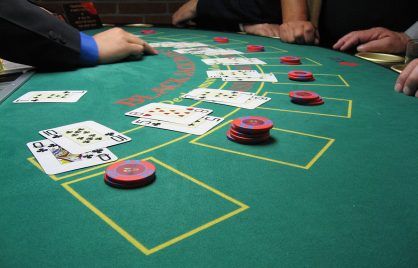Inside The Crazy World Of Japan’s Pachinko Games
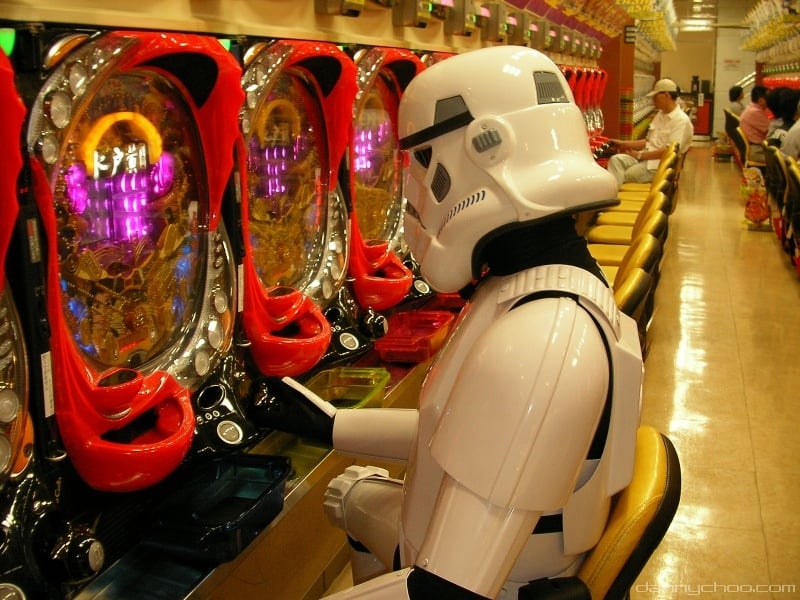
Pachinko is a popular mechanical amusement machine that first originated back in 1920s Japan. It loosely resembles a vertical pinball machine and has taken the Japanese amusement industry by storm. Here is a deeper look at the insane fad.
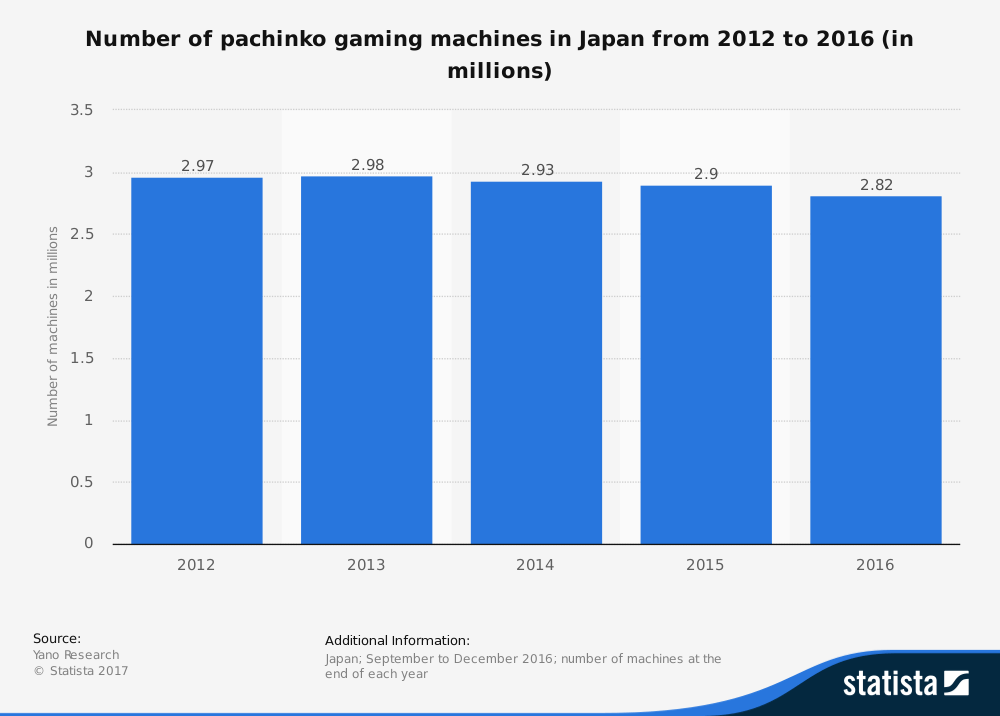
What Is Pachinko?
Unless you have spent a prolonged period of time in Japan or you have an in-depth knowledge of the lesser-known gambling games, it is unlikely you will be too familiar with the game of pachinko.
Gambling is still currently illegal in Japan but pachinko is deemed to be a game of amusement, so even though players still technically gamble when playing it, there are no laws broken.
Here’s how it works – imagine an upright pinball machine but with a few differences. Firstly, it includes small steel balls, roughly 11mm in diameter each, that are used by the players and rented from the owners of the pachinko machine. The machines are often in dedicated arcades called pachinko parlors.
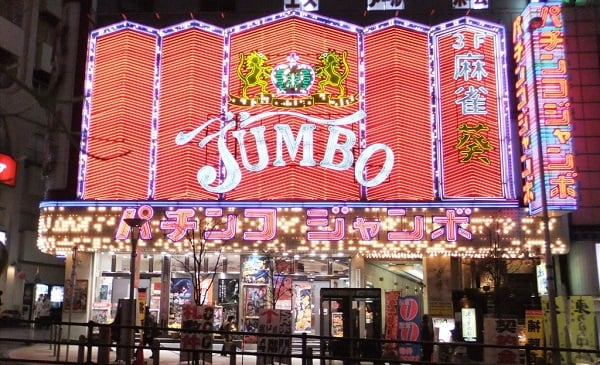
Players must fire the steel balls onto a metal track using a trigger. The balls spin around the track before losing momentum and entering the area of play. This is filled with brass pins and cups. If the ball bounces off the pins and lands in a cup then players win a prize.
If the ball bounces off the pins, fails to land in a cup, and drops into the catcher then players do not win. The machines were mechanical devices until the 1980s. After that they began to be developed as electrical devices.
Gambling for cash in Japan has been made illegal, so players can either win extra steel balls or tokens. It is widely considered that pachinko has a similar standing in Japanese culture as slot machines do in Western culture.
Where It All Started
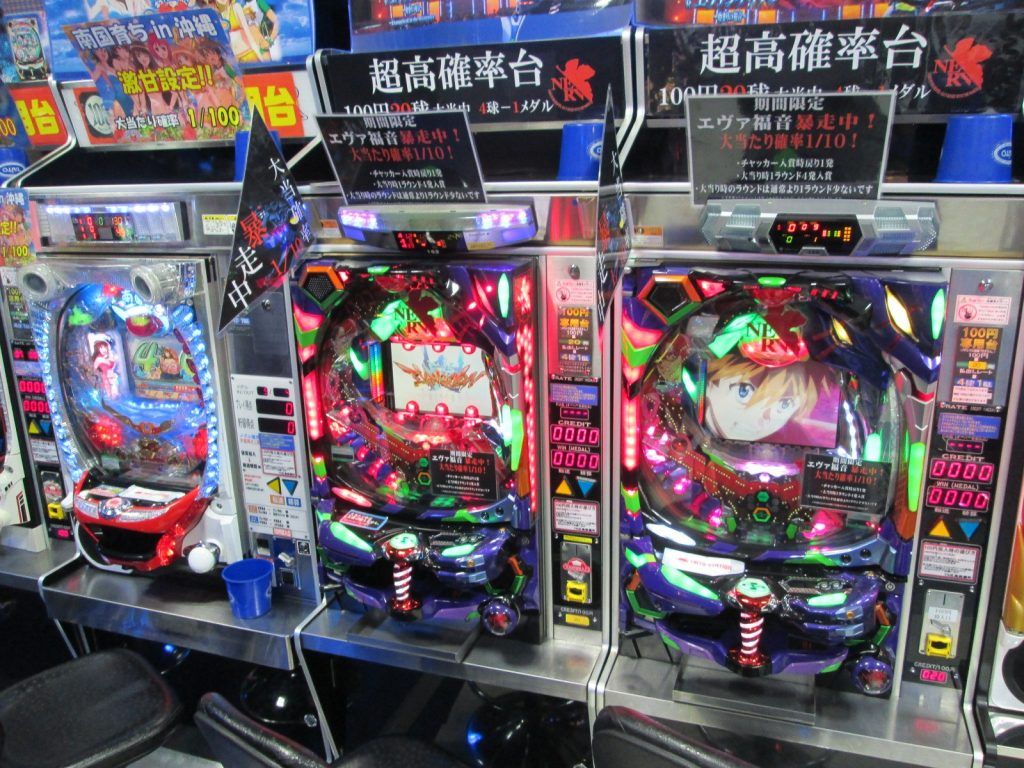
It is believed that the game started life as a children’s game called the “Corinth Game” in the early 20th Century.
This was a game that drew inspiration from the American game of “Corinthian bagatelle”. Although, if you’re under the age of 50 years old then that probably makes absolutely no sense.
The Japanese game of “Billard Japonais” (Japanese billiards) is also seen as a possibility of where pachinko’s derived.
The first accounts of it being played as an adult game can be traced to the city of Nagoya in 1930.
Pachinko parlors were sadly shut down for the duration of World War II but re-opened post-war and the game has been a leading pastime with Japanese adults ever since.
Controversy in the Chaos
The fact that pachinko is a type of gambling in every way except its name, means there are those that denounce its existence in its current form. Players might not win cash like with slot machines in the US and other countries where gambling is illegal but they do still win prizes. These can be anything from pens, cigarettes, alcohol, luxury handbags, or even electronic devices.
As if offering players these prizes instead of cash wasn’t skirting around the rules brazenly enough, it gets even more ridiculous. Located next to or within close proximity to these pachinko parlors are shops that will accept those prizes and exchange them for cash. It is a prime example where if you cannot go from A to B then take the detour.
Pachinko itself is a massive phenomenon within Japan. It is estimated that each year players spend 23.3 trillion yen ($209 billion) on pachinko across the country. This has seen police exercise a slightly more relaxed approach to alleged crimes relating to the activity.
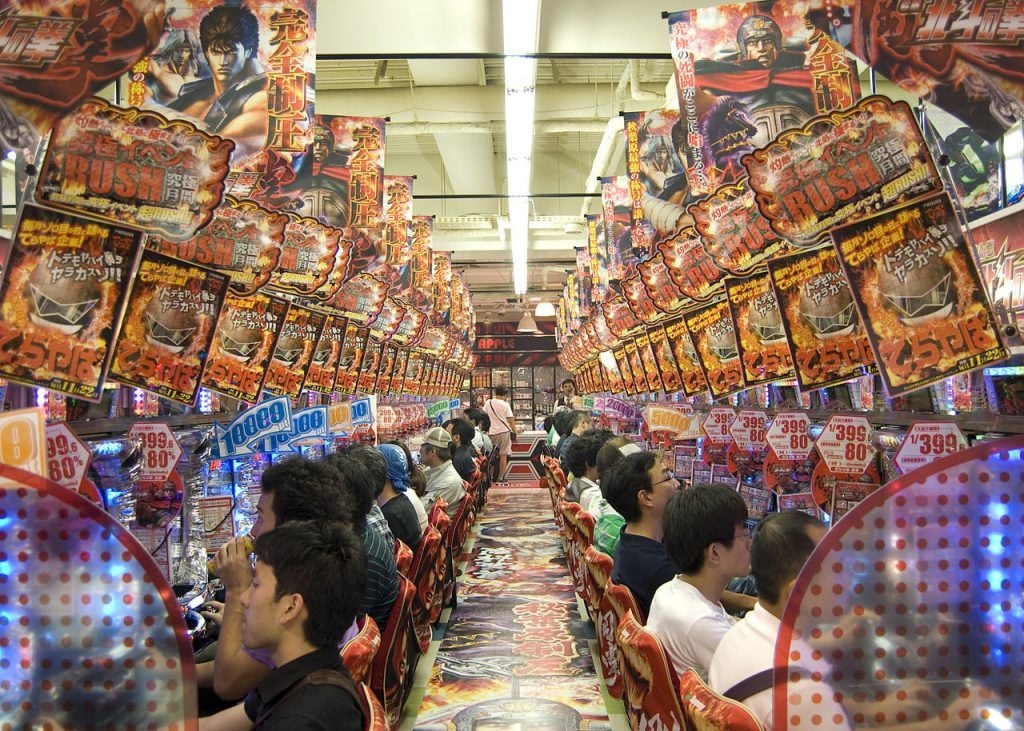
An example points back to 2005 when a pachinko parlor in Kanagawa complained that players were using counterfeit tokens on their machines. This resulted in the parlor losing approximately $60,000.
However, during the report of this crime it was revealed that the parlor was illegally operating a pachinko exchange center. Which problem did the police address? You’ve guessed it. The parlor was allowed to carry on operating its exchange center illegally and the police put all their resources into tracking down the counterfeiters.
What Does The Future Hold?
Gambling in Japan is at a crossroads. The scheduled 2020 Summer Olympic Games in Tokyo has instigated discussions about gambling becoming legalized in the country. Even if it is just temporarily for the duration of the games.
An initial bill that paved the way for gambling to become legalized in Japan was passed by the Japanese parliament at the end of 2016. However, it does require a totally separate implementation bill to be approved before any law can be passed.
Pachinko would certainly benefit from gambling becoming legalized in Japan. It would allow for cash jackpot prizes and would also bring additional revenue to the industry.
These are exciting times for pachinko in Japan and there is a feeling that the nation’s obsession with the addictive amusement game is only just beginning.

